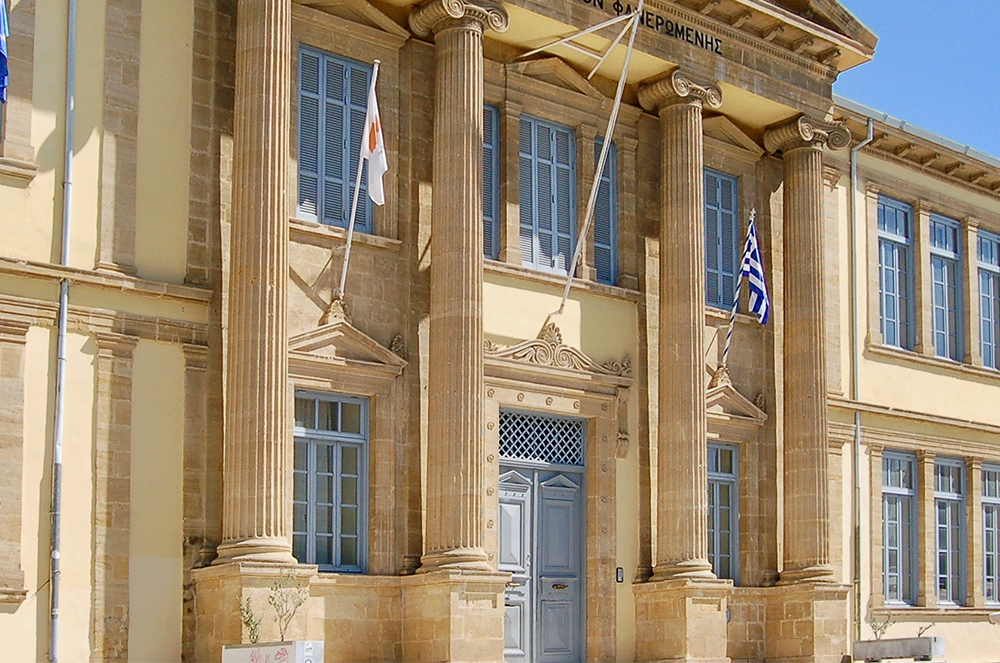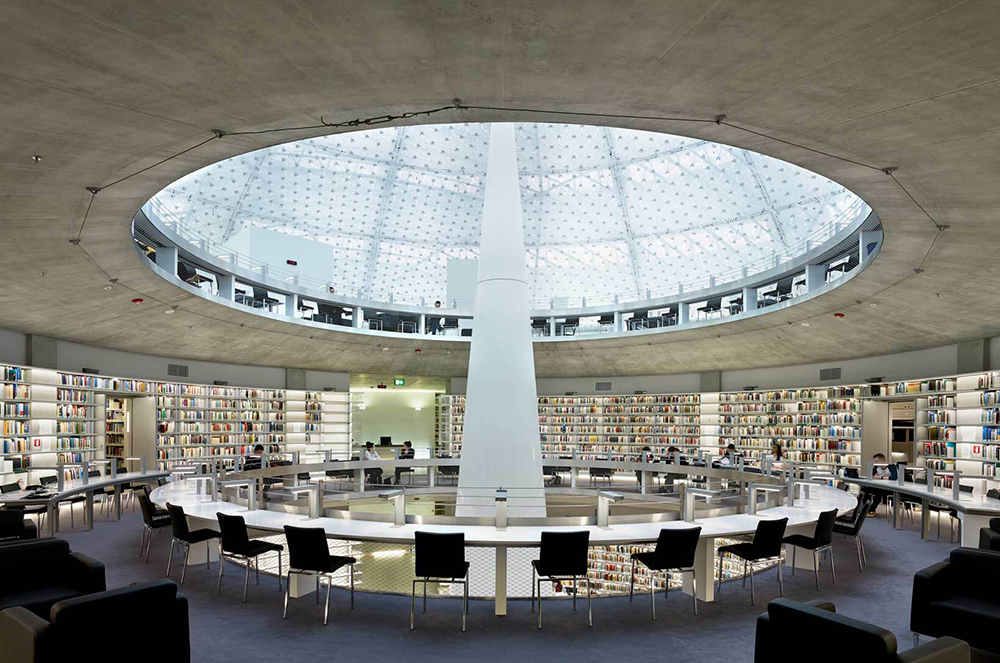Getting a good education is one of the reasons for the relocation of many foreign families to this sunny paradise of Cyprus. Indeed, besides immersion in the ancient culture and the Mediterranean climate, foreigners in Cyprus can go to universities and send their children to local schools.
Depending on your plans for the future education of the child and your place of residence, you can choose to study in public Greek schools or in private Greek, English or Russian schools.
Cypriots are famous for their reverent love for children, and the state spends more than 7% of its GDP on education (it is worth noting that this indicator is one of the highest in the European Union). The local schools are well equipped and staffed with highly qualified teachers, the school buildings are modern, with large adjacent areas — all that is needed for the growth and development of the national wealth of Cyprus is children.
Education in public schools is free for all, but instruction is in Greek. For children for whom Greek is not native, the state provides a teacher free of charge for accelerated learning of the language and quick integration of the child into the language environment. Also, students at public schools can attend additional classes of interest (sports clubs, language courses, theatre, dance clubs, etc.) for a nominal fee.
The Greek schools of Cyprus have a 12-year education system. Starting at 6 years old, by the age of 18 children are ready to enter higher education institutions. At the end of the Cypriot school, graduates receive Apolytirion — the State High School Diploma, which is recognized by universities around the world.
Cyprus also offers to get education in one of the private schools. It should be noted that Limassol has the largest number of English and Russian private schools, and this is another reason why Limassol is so popular among foreigners.


Education in them is much cheaper than in England, and its quality is in no way inferior. Training is built on the national school curriculum in the UK. It begins at the age of 5 years and lasts 13 years. After 11 years of study, students take the GCSE exam (General certificate of Secondary Education) — certificate of compulsory secondary education. The GCSE program involves the study of compulsory subjects and electives, the preparation of course projects, papers and the final passing of examinations. Successful completion of the GCSE program means obtaining a certificate and gives you the opportunity to either continue your studies under the A-Level pre-university program (+2 years), or alternatively start working. The A-Level diploma and the obtained examination scores are the most important criteria when a university examines student documents. A-Level diplomas prove students’ knowledge and are recognized not only in the UK, but throughout the world. For example, in Australia, New Zealand, Ireland.
The higher education system in Cyprus is well developed. Its uniqueness lies in the fact that universities adhere to the European model of training, but students have the opportunity to become holders of three diplomas:
Associative degree — issued after the first two years of education;
Bachelor — issued after the next two years;
Masters — after all six years of study.
Teaching at Cypriot universities is carried out in Greek and English.
At universities, the school year is divided into 3 semesters, which last from:
Thanks to a well-designed education program, students have the opportunity to independently choose the intensity of study. Therefore, the summer semester is not obligatory — everyone is free to choose whether to study or not.
There are three state and five private universities in Cyprus. This reveals excellent opportunities for high school graduates in higher education in various specialties. An additional advantage is the opening of branches of several British universities in Cyprus. Colleges that are considered part of the higher education system are also very popular in Cyprus. After studying in college (4 years), you can acquire a specialty and get a bachelor’s degree. Cyprus has created many colleges in the hotel and tourism business.
Higher education in Cyprus is becoming increasingly popular, since in some universities and colleges students may receive a double diploma. For example, in the Intercollege, where students learn the basics of hotel business management, you can also get a diploma from Indianapolis University.
To become a student in Cyprus, you do not need to pass gruelling exams. You will need to timely apply for admission to your chosen university, arriving in person or sending all the necessary documents by mail.
One of the important entry criteria is knowledge of English, which can be confirmed by providing an IELTS certificate (5.5 points) or TOEFL (from 500 points).
Those who do not have the required number of points on the test results can be trained in language courses. You can start learning at any time, September is not required for admission.
The cost of education at Cypriot universities is in the range of 4-8,5 thousand euros per year. For successful students there is a special reward system. If the examinations show outstanding abilities, payment may be reduced by 30% or 50%.
Many higher education institutions have been accredited in the United States and Europe. This means that students can participate in various exchange programs and are given the opportunity to receive higher education at a European university or in US higher education institutions.
to save your favourite homes and more
Log in with emailDon't have an account? Sign up
Enter your email address and we will send you a link to change your password.
to save your favourite homes and more
Sign up with emailAlready have an account? Log in
Manage your listings, profile and more
Sign up with emailAlready have an account? Log in